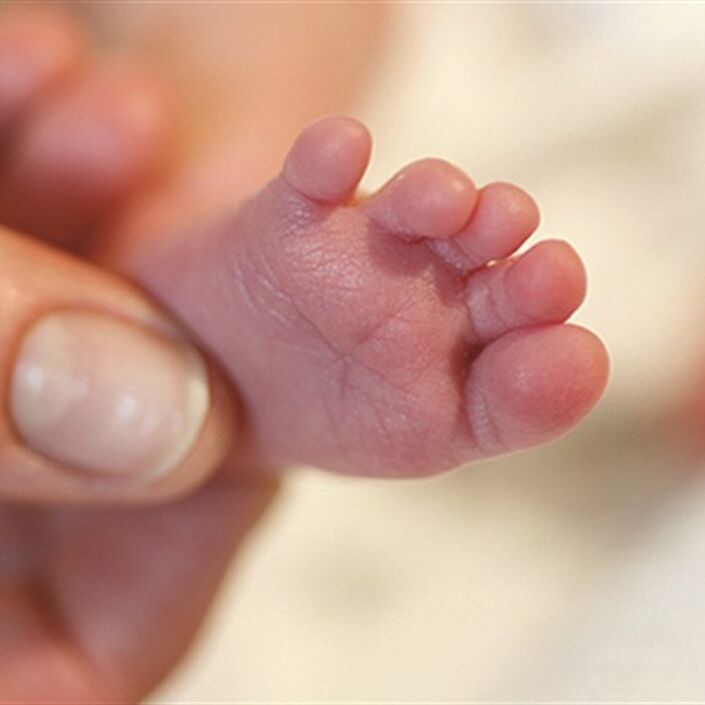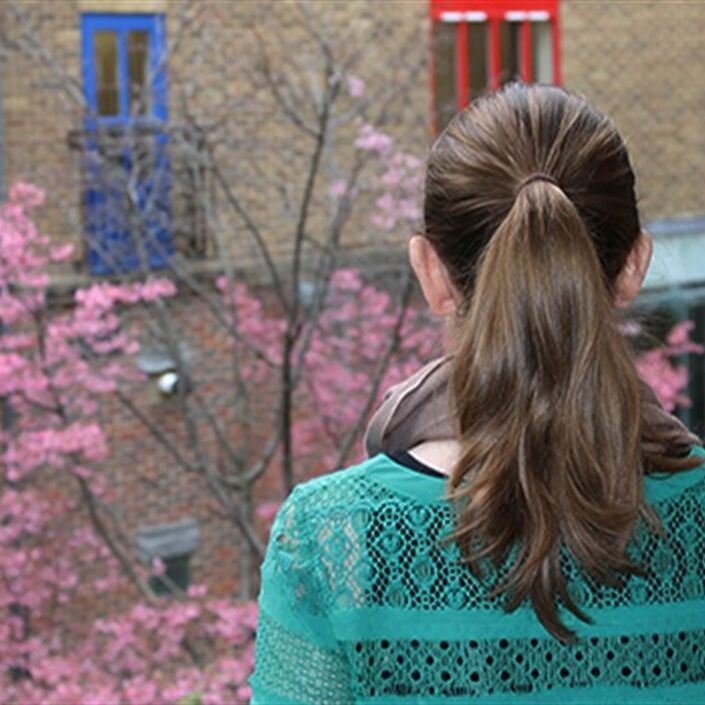What is Palliative Care?
Your team may have talked to you about palliative care for your baby. This can be a scary term, but actually palliative care is about providing the best possible comfort and quality of life for a baby, however long they are with us, whether that is a short time, or for many years.
It is about managing a baby or child’s pain and symptoms, but also about supporting the whole family by providing emotional, spiritual and practical support throughout their life. Palliative care can be delivered throughout their life by a range of different professionals at home, in hospital or in a children’s hospice.
Palliative care can be provided by all healthcare professionals and your neonatal unit care team should be able to support you and your baby through your palliative care journey. Sometimes, a children’s hospice or palliative care team will be available to support you alongside the team that has been supporting you in the neonatal unit.
A palliative care team can be based in the hospital, in the community or as part of a children’s hospice. They will have specialist knowledge in managing any symptoms your baby may have and in supporting your family through your baby’s life and into bereavement. They can provide ongoing support to you and your whole family. It may be helpful to talk to a member of staff from your local hospice or palliative care team early on. They can talk to you about the kind of support that they can offer and the options available to you.
Some children’s hospices have dedicated perinatal or neonatal link nurses who can support you and be the link between the hospice and your hospital. Please speak to a member of your baby’s team if you would like to arrange a visit to your local hospice to see what it is like or be shown a video tour.



